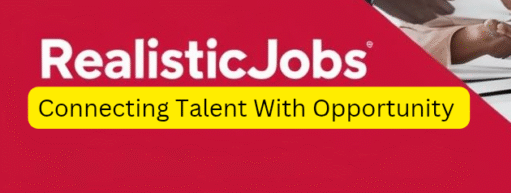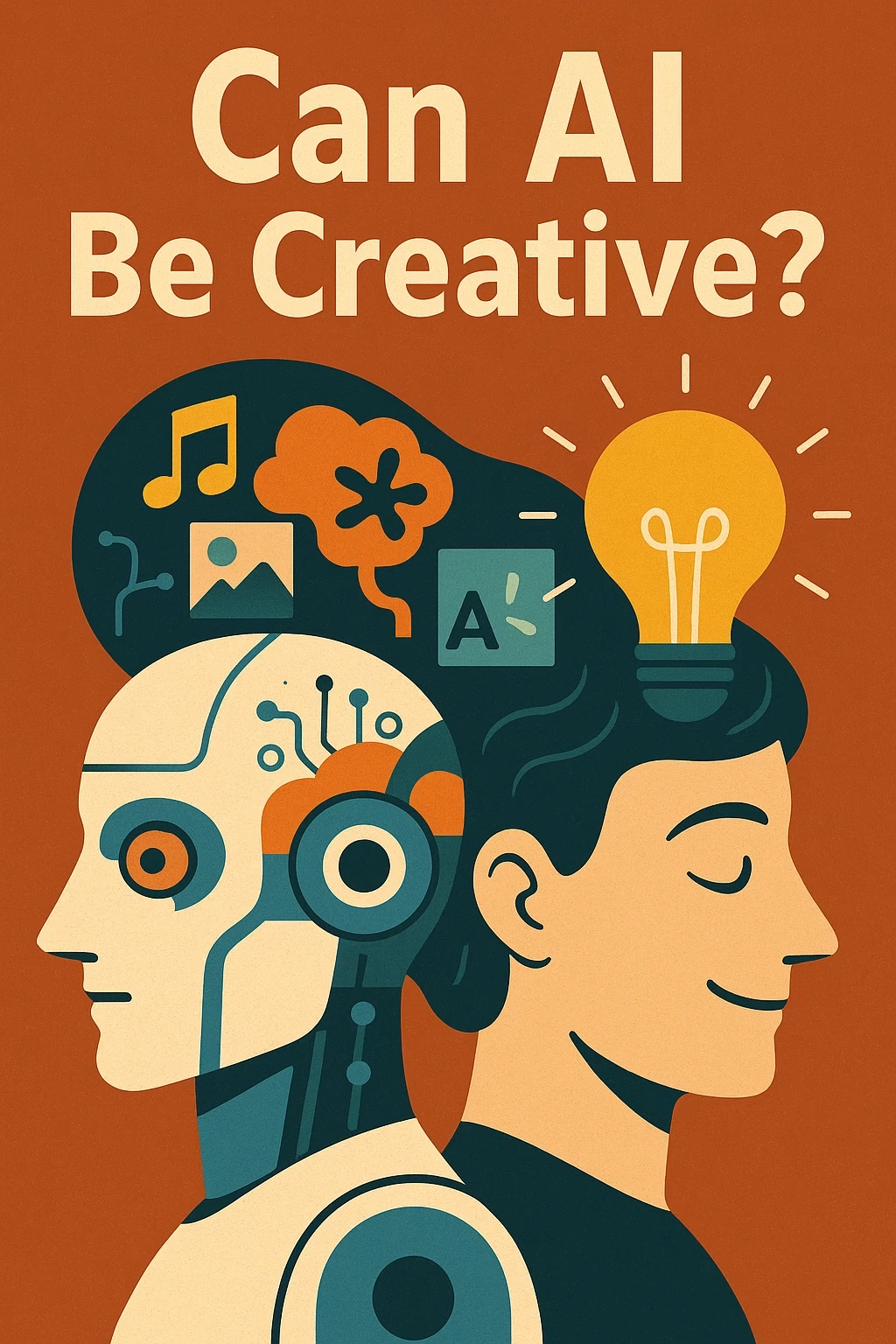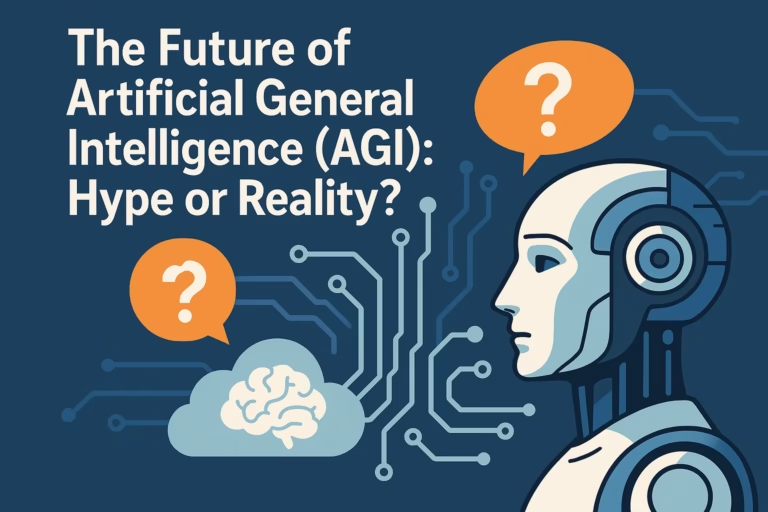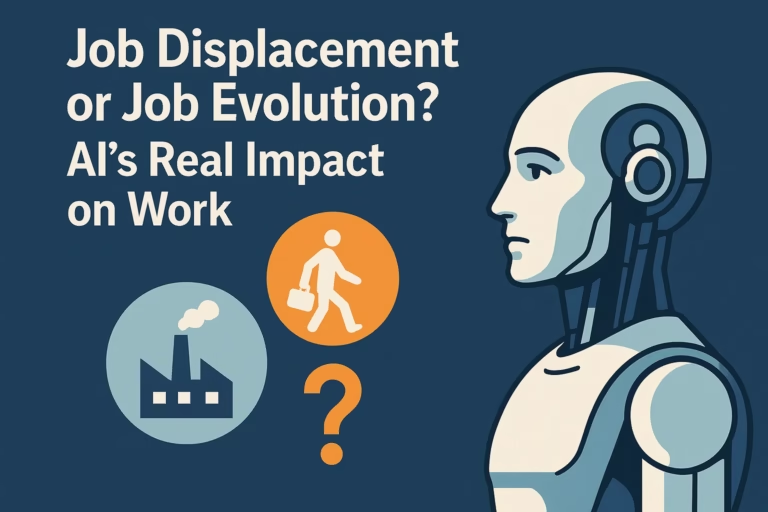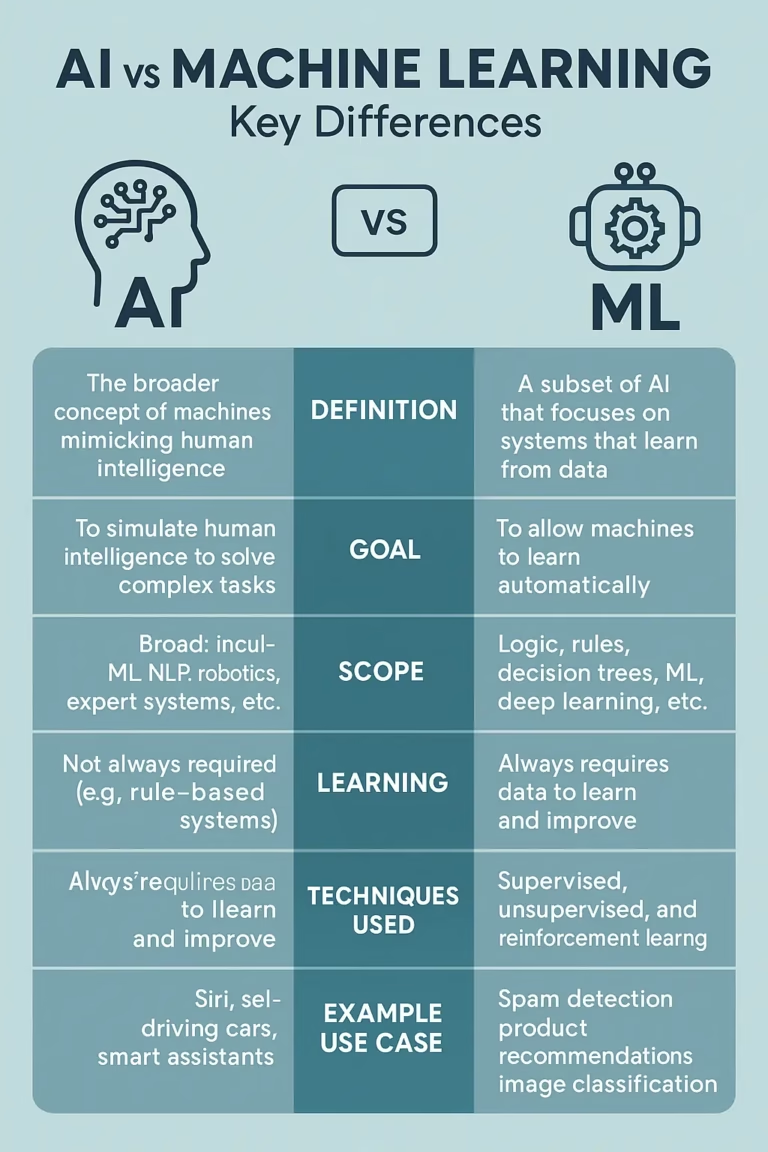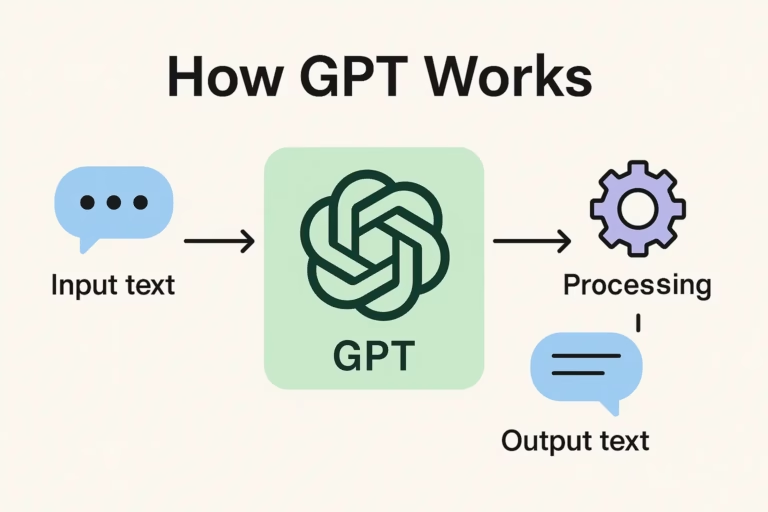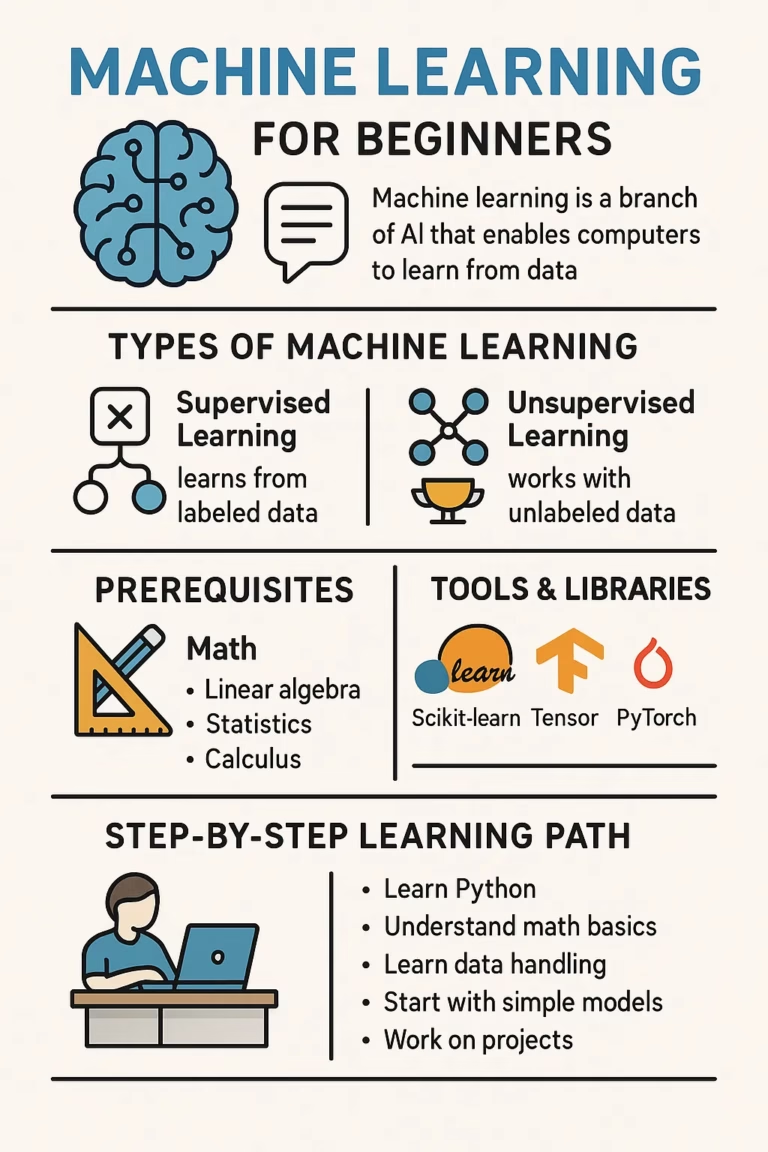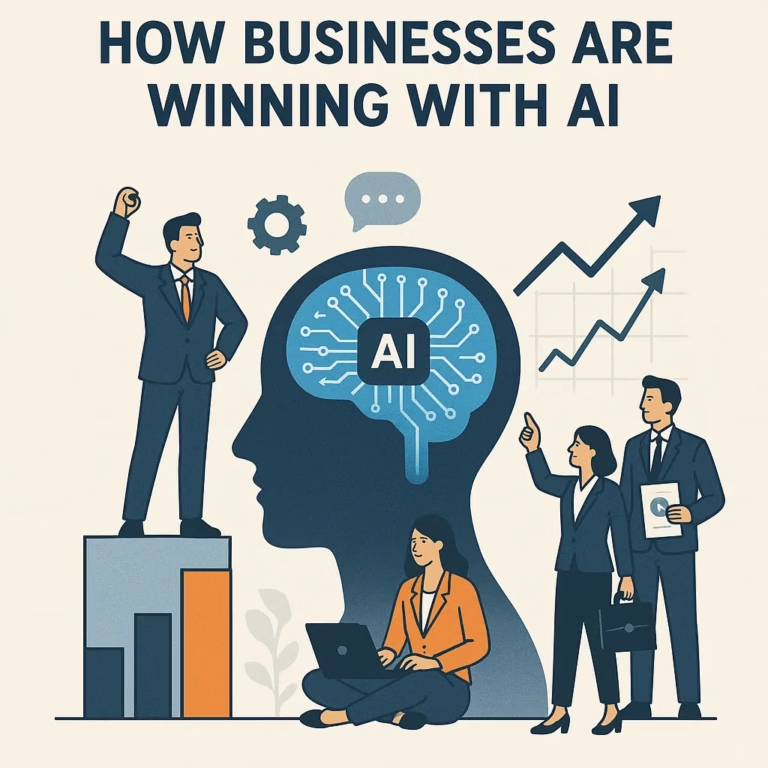Can AI Be Creative? A Philosophical Dive Into Machine Imagination
From AI-generated art and music to novels and movie scripts, machines are now producing work that looks, feels, and sometimes even moves us—just like human-made creativity. But this raises a profound and polarizing question: Can AI actually be creative? Or is it just mimicking patterns it doesn’t understand? Let’s take a deeper, philosophical dive into…
From AI-generated art and music to novels and movie scripts, machines are now producing work that looks, feels, and sometimes even moves us—just like human-made creativity. But this raises a profound and polarizing question:
Can AI actually be creative? Or is it just mimicking patterns it doesn’t understand?
Let’s take a deeper, philosophical dive into what creativity really means—and whether machines are truly crossing that boundary.
First, What Is Creativity?
Creativity is notoriously hard to define, but most agree it involves:
- Originality — producing something novel
- Value — something that has meaning, aesthetic worth, or usefulness
- Intent — the desire to express, explore, or invent
When a human paints, writes a poem, or composes music, it’s often a reflection of emotion, experience, and conscious thought.
So the key question is:
Does creativity require consciousness?
What AI Is Doing (and Not Doing)
Today’s AI systems—like GPT-4, Midjourney, and others—are capable of:
- Writing essays, stories, and poetry
- Composing music in any genre
- Generating stunning visual artwork
- Designing logos, websites, and fashion
They’re trained on vast datasets and use probability to predict what comes next in a sequence—be it a word, brushstroke, or melody.
But here’s the catch:
AI doesn’t know why it’s generating what it’s generating. It has no emotions, awareness, or understanding.
Is It Creativity… or Computation?
Some philosophers argue that creativity isn’t about how something is made, but what is made. If an AI can produce a beautiful painting or haunting piece of music—does it matter whether it “meant to”?
Others say creativity is rooted in intention and experience, which machines lack. By this view, AI is not creative—it’s a tool, extending human creativity rather than replacing it.
There’s also a middle ground:
- Maybe AI doesn’t create, but it does co-create—offering unexpected ideas that humans refine and shape.
The Human Element: Emotion, Context, and Meaning
Human creativity is shaped by:
- Culture, memory, trauma, and joy
- A sense of self and others
- The desire to communicate, provoke, or understand
AI has none of these. It doesn’t suffer, love, dream, or fear. It doesn’t create for catharsis, self-expression, or rebellion.
So, can a machine that feels nothing truly imagine anything?
Or is it simply remixing the collective imagination of humanity?
But AI Can Inspire Creativity
Even if AI isn’t “creative” in the human sense, it’s becoming an invaluable partner in the creative process.
Writers use AI to break through blocks.
Artists use it to explore styles and spark ideas.
Musicians use it to experiment with structure and sound.
In this way, AI doesn’t replace creativity—it augments it. It becomes a mirror, a muse, or a collaborator.
Final Thought: Maybe the Question Isn’t “Can AI Be Creative?”
Maybe the real question is:
Can AI change how we think about creativity?
If creativity is no longer reserved for sentient beings, does that diminish its magic—or expand its definition?
Either way, one thing is certain:
AI is challenging our most human assumptions. And that, in itself, might be a new kind of creativity.
What’s your take? Have you used AI in your creative work—or do you see it as a threat to human originality? Let’s talk in the comments.
